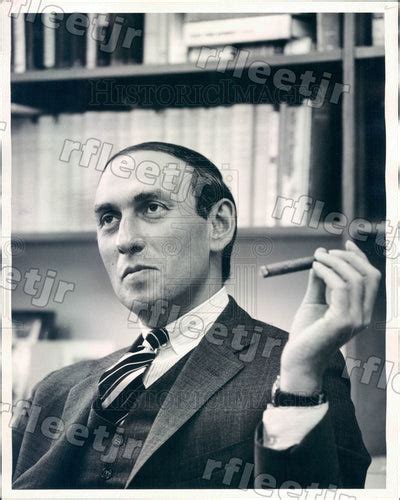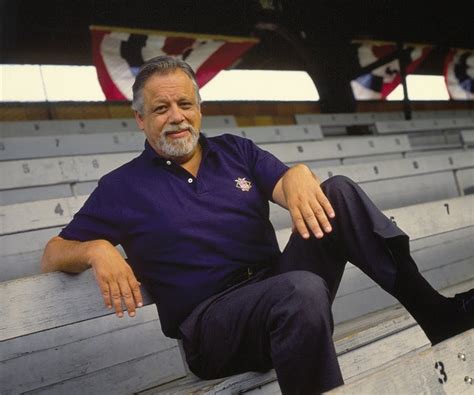A Quote by Albert Einstein
If one asks the whence derives the authority of fundamental ends, since they cannot be stated and justified merely by reason, one can only answer: they exist in a healthy society as powerful traditions, which act upon the conduct and aspirations and judgments of the individuals; they are there, that is, as something living, without its being necessary to find justification for their existence.
Related Quotes
ANARCHISM (from the Gr. , and , contrary to authority), the name given to a principle or theory of life and conduct under which society is conceived without government harmony in such a society being obtained, not by submission to law, or by obedience to any authority, but by free agreements concluded between the various groups, territorial and professional, freely constituted for the sake of production and consumption, as also for the satisfaction of the infinite variety of needs and aspirations of a civilized being.
Self-confidence is inseparable from submission to the creedal order, and through that order, to the supreme authority expressed in that order. ... Deep individualism cannot exist except in relation to the highest authority. No inner discipline can operate without a charismatic institution, nor can such an institution survive without that supreme authority from a relation to whom self-confidence derives. Without an authority deeply installed, there is no foundation for individuality. Self-confidence thus expresses submission to supreme authority.
Just as man as a social being, cannot in the long run exist without a tie to the community, so the individual will never find the real justification for his existence, and his own spiritual and moral autonomy, anywhere except in an extramundane principle capable of relativizing the overpowering influence of external factors.
What is necessary for 'the very existence of science,' and what the characteristics of nature are, are not to be determined by pompous preconditions, they are determined always by the material with which we work, by nature herself. We look, and we see what we find, and we cannot say ahead of time successfully what it is going to look like. ... It is necessary for the very existence of science that minds exist which do not allow that nature must satisfy some preconceived conditions.
Winning has a joy and discrete purity to it that cannot be replaced by anything else. Winning is important to any man's or woman's sense of satisfaction and well-being. Winning is not everything; but it is something powerful, indeed beautiful, in itself, something as necessary to the strong spirit as striving is necessary to the healthy character.
Since men cannot create new forces, but merely combine and control those which already exist, the only way in which they can preserve themselves is by uniting their separate powers in a combination strong enough to overcome any resistance, uniting them so that their powers are directed by a single motive and act in concert.
Let us suppose the mind to be, as we say, white paper, void of all characters, without any ideas; how comes it to be furnished? Whence comes it by that vast store which the busy and boundless fancy of man has painted on it with an almost endless variety? Whence has it all the materials of reason and knowledge? To this I answer, in one word, from experience.
Religion is as necessary to reason as reason is to religion. The one cannot exist without the other. A reasoning being would lose his reason, in attempting to account for the great phenomena of nature, had he not a Supreme Being to refer to; and well has it been said, that if there had been no God, mankind would have been obliged to imagine one.
Theology recognizes the contingency of human existence only to derive it from a necessary being, that is, to remove it. Theology makes use of philosophical wonder only for the purpose of motivating an affirmation which ends it. Philosophy, on the other hand, arouses us to what is problematic in our own existence and in that of the world, to such a point that we shall never be cured of searching for a solution.
For, above all, I hold a notion of possibility and necessity according to which there are some things that are possible, but yet not necessary, and which do not really exist. From this it follows that a reason that always forces a free mind to choose one thing over another (whether that reason derives from the perfection of a thing, as it does in God, or from our imperfection) does not eliminate our freedom.
Since nothing can exist that does not fulfil the conditions which render its existence possible, the different parts each being must be co-ordinated in such a way as to render possible the existence of the being as a whole, not only in itself, but also in its relations with other beings, and the analysis of these conditions often leads to general laws which are as certain as those which are derived from calculation or from experiment.
[My father] impressed upon me from the first, that the manner in which the world came into existence was a subject on which nothing was known: that the question, "Who made me?" cannot be answered, because we have no experience or authentic information from which to answer it; and that any answer only throws the difficulty a step further back, since the question immediately presents itself, "Who made God?




































